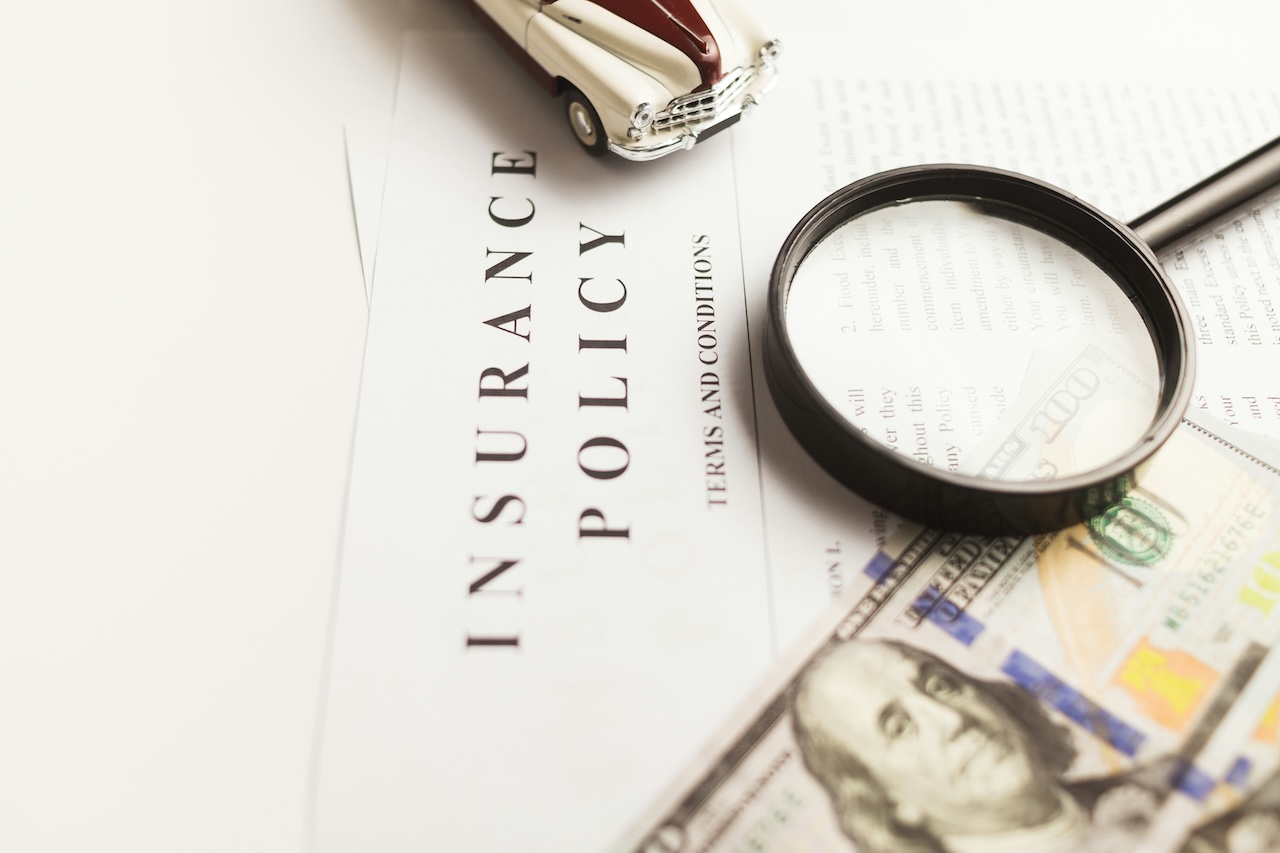Key Takeaways
- Estate planning ensures your wishes are followed if you’re incapacitated after a car accident, protecting your healthcare and financial decisions.
- Without an estate plan, your loved ones may face costly legal processes and potential disputes after an accident.
- Powers of attorney, advance directives, and beneficiary designations help manage decisions and ensure your assets are distributed as you wish after a car accident.
While estate planning is often thought of as something for end-of-life decisions, it’s also crucial for unexpected events that may leave you unable to make choices for yourself—such as a car accident that results in serious, life-changing injuries. Estate planning documents can provide clear instructions on medical care, financial management, and guardianship, ensuring your wishes are followed and relieving your loved ones from difficult decisions.
According to the National Safety Council, approximately 5.2 million medically consulted injuries resulted from motor vehicle accidents. These injuries can leave individuals unable to make financial or medical decisions for themselves. Having an estate plan in place ensures that your affairs are handled properly if such an event occurs. Additionally, having enough auto insurance coverage is an important part of financial preparedness, as it can help cover medical expenses and protect your loved ones from financial strain after a severe accident.
What Happens If You Are Incapacitated or Die Without an Estate Plan?
Generally, when a person dies without an estate plan, their estate (or their assets) enter “probate.” This means that a court begins the process of assessing the assets of the estate, notifying the deceased person’s creditors, and distributing the assets. Distribution usually involves identifying the heirs, contacting them, and handling any disputes that may arise between heirs or other parties who may dispute the distribution of assets.
In Virginia, if a person dies intestate (without a will), their assets pass directly to their surviving spouse and/or their children and descendants if there are any. If there is no spouse or children, the estate then goes to the decedent’s parents, then siblings.
If a person is incapacitated and does not have health or estate directives in place, the court may appoint a legal guardian to make decisions for them about their medical care, assets, and dependent children. However, the legal process after a serious injury can be difficult, especially when dealing with time-sensitive matters. Understanding the statute of limitations in personal injury cases is essential for protecting your rights if you or a loved one suffer serious injuries from a crash.
For instance, if an individual is in a car accident and falls into a coma without a power of attorney or advance directive in place, their family may have to go through a lengthy and expensive court process to obtain the legal authority to make medical or financial decisions on their behalf.
Attorney Edna Colucci with Hook Law, an estate planning law firm with offices in Virginia Beach and Suffolk, commented:
“The consequences of dying without an estate plan or becoming incapacitated without proper directives can be severe. I’ve seen families endure lengthy probate processes, with courts distributing assets contrary to the deceased’s likely wishes. In one case, a client’s estranged family inherited a significant portion of the estate due to intestate succession laws, causing turmoil and disputes, along with mismanagement of assets. A comprehensive estate plan is crucial not just for asset distribution, but for ensuring your wishes are respected and protecting your loved ones from legal complications during critical times.“
Key Estate Planning Tools That Matter After a Car Accident
In the event of a car accident, certain estate planning tools can help ensure your assets are handled as you want them to be and that your healthcare preferences are respected.
Powers of Attorney and Advance Directives
A power of attorney gives someone you appoint the ability to make decisions for you when you cannot make them for yourself; this can include granting authority over financial or medical matters. For example, a financial power of attorney can allow someone to handle your investments and pay bills on your behalf. Meanwhile, a medical power of attorney can allow someone to decide whether you should undergo a specific treatment or, in serious cases, remain on life support.
If a car accident victim is unable to negotiate their settlement due to their injuries, a financial power of attorney allows a trusted individual to act on their behalf. This ensures that settlement negotiations can continue without delay and that any awarded compensation is allocated appropriately.
Advance directives, such as living wills, can also play a role in healthcare decision-making. Unlike a power of attorney, a living will does not designate an individual to make decisions for you but rather outlines your specific preferences for receiving care.
If you are involved in a car accident that seriously or fatally injures you, these important documents are key to ensuring decisions surrounding your finances and healthcare are made in your best interests.
Beneficiary Designations
Beneficiary designations allow you to specify who should receive your assets when you pass away. This may include the funds in your bank, brokerage, and retirement accounts accounts as well as death benefits from a life insurance policy.
These designations help speed up the process of distributing your assets after death and help avoid conflicts between your surviving loved ones. When choosing a beneficiary, it’s important to select someone you trust implicitly and genuinely want to inherit your assets. Keep in mind that some beneficiaries may be too young to receive full distribution all at once. Also, note that these designations override any instructions you may already have in your will, so it is crucial to regularly review and update them.
“In my years as an estate planning attorney, I’ve seen countless issues arise from mishandled beneficiary designations. People often overlook the importance of aligning beneficiary designations with their overall estate plan, leading to unintended consequences. A frequent error is naming minors or individuals with special needs directly, without considering the potential legal and financial implications. These oversights can lead to family disputes, unnecessary taxes, and assets ending up in the wrong hands. Remember, your beneficiary designations are crucial components of your estate plan and should be handled carefully to ensure they reflect your current wishes and circumstances,” added Edna Colucci.
Guardianship for Minor Children
If you are a parent, estate planning is especially important, as it allows you to designate who will care for your children if you are incapacitated or suffer a fatal accident. This is called “guardianship designation.” If both parents die without appointing a guardian, a court will appoint one for them—which may be someone who does not align with the parents’ wishes. In some cases, children may even be placed in foster care if no suitable guardian can be found.
How Estate Planning Affects Car Accident Settlements
Estate planning plays a significant role in managing a car accident claim, especially if the victim is incapacitated and unable to handle legal or financial matters. While a car crash claim continues regardless of whether the victim passes away, estate planning documents ensure that the victim’s wishes are respected and that their loved ones can step in to manage their affairs. Additionally, by having an estate plan in place, the victim can ensure that a car accident settlement is directed to the right individuals—such as a spouse, children, or other designated beneficiaries—without delays or disputes.
For those pursuing legal action after a serious crash, estate planning can also help manage compensation, including damages for medical expenses, lost wages, and pain and suffering. If you or a loved one have been injured in an accident, you may have the right to seek compensation for emotional and physical suffering. Learn more about filing a personal injury claim for pain and suffering in Virginia to understand how accident settlements work and how damages are calculated.
Edna Colucci remarked:
“I’ve seen far too many clients come into sudden wealth through a personal injury settlement or other means, only to watch a significant portion of it slip away due to poor planning for their circumstances. One client received a sizable settlement but failed to update their estate plan promptly. As a result, their estate faced a hefty and avoidable tax burden. Another received a large personal injury settlement and unknowingly disqualified themselves from crucial Medicaid benefits they’d relied on for years, forcing them to spend down their settlement significantly and quickly.
Unfortunately, we see these scenarios quite often, and they are heartbreaking because, as estate planning attorneys, we know they are entirely preventable with a simple review, update, and proper planning. When anticipating a settlement, it is vital to work with a knowledgeable estate planning attorney to review your estate plan prior to receiving the payment. This review helps protect your wealth, preserve your eligibility for benefits, and ensure your legacy aligns with your wishes.”
In short, estate planning helps avoid conflicts and confusion surrounding your claim, reducing the pressure on your loved ones during an already difficult time.
Protect Your Future After a Car Crash
In the event of a car accident, both estate planning and car accident lawyers are essential to protecting your financial and legal interests. Though no one wants to think about being seriously injured or killed in a car crash, preparing for the unexpected is a key way to care for your loved ones.
At Huffman & Huffman Brothers-in-Law, our experienced car accident attorneys can handle your claim after a collision and connect you with trusted estate planning resources. Contact our office today to learn more about what we can do for you.
 Text Us
Text Us  Call Us
Call Us 







